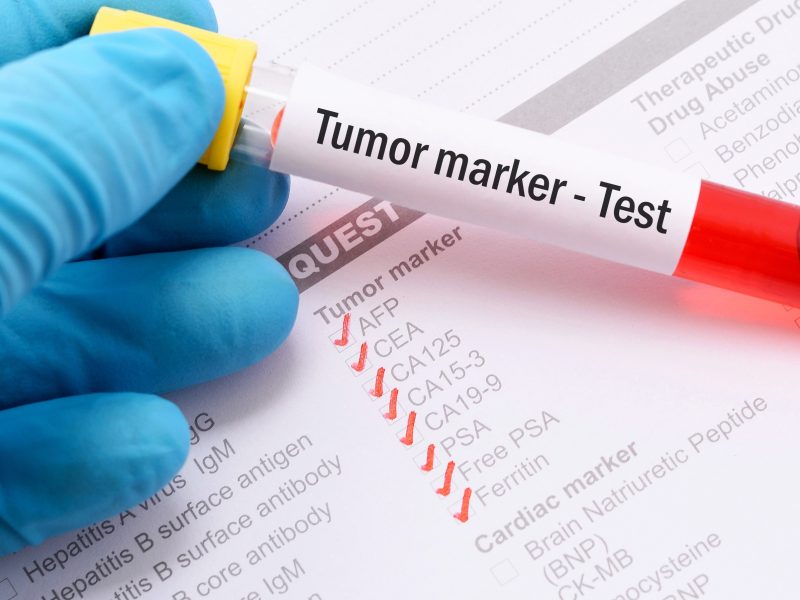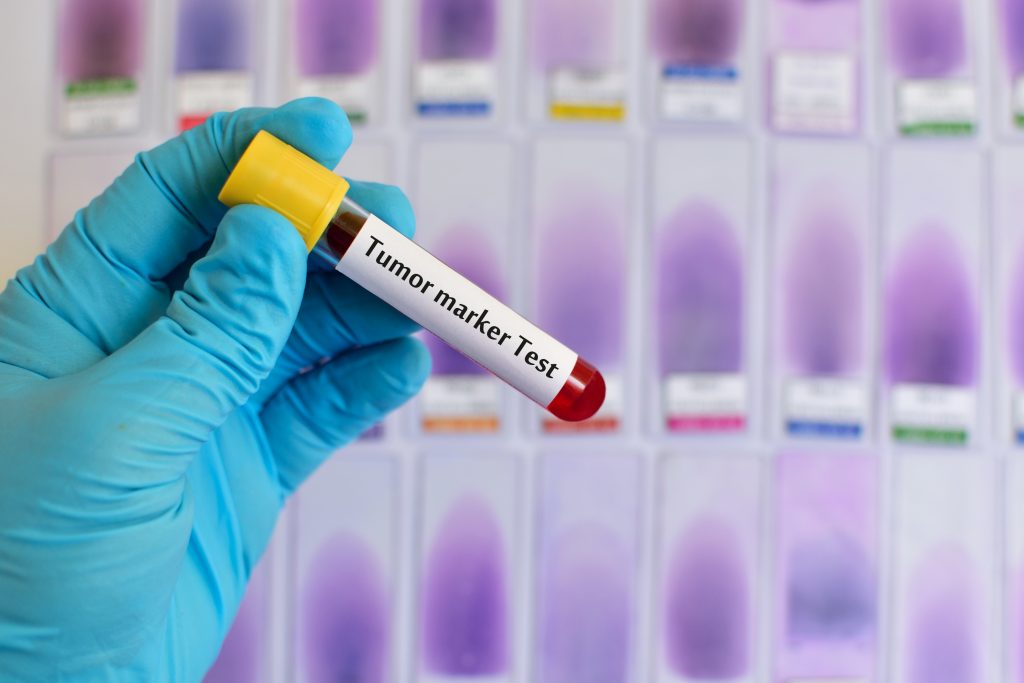PUBLISHED: 19th February 2020

Recently, the Centers for Medicare and Medicaid Services (CMS) released their final National Coverage Determination (NCD) on a type of genetic testing called next-generation sequencing (NGS), which enables laboratories to examine multiple genes at once. The policy paves the way for national coverage of tumor biomarker testing and multigene panel testing for hereditary cancer in specific circumstances. It also allows the local Medicare regions to establish policies for NGS-based testing that is not covered at the national level.
The NCD is the result of a two-year effort against a policy that significantly restricted access to genetic testing for inherited mutations associated with increased risk of cancer. The final policy addresses many of our concerns, ensuring that Medicare beneficiaries with cancer have access to appropriate genetic testing.
Only people diagnosed with cancer who also meet the criteria outlined below are eligible for genetic testing under Medicare. Following is information about who may qualify for coverage.
NATIONAL COVERAGE**
of genetic
testing services includes:

Tumor Biomarker Testing—when the patient has:
- recurrent, relapsed, refractory, metastatic
or advanced stage III or IV cancer; and - not been previously tested with the same NGS test
for the same biomarkers; and - decided to seek further cancer treatment
(e.g., chemotherapy).
In addition, the lab test must have:
- FDA approval or clearance as a companion diagnostic*;
and - an FDA-approved or FDA-cleared therapy for
use in the patient’s cancer (e.g., a PARP inhibitor); and - test results provided to the treating
physician to specify treatment options.
*A companion diagnostic is a lab test that is co-developed with a specific drug (e.g., a targeted therapy such as olaparib) to help identify patients who are likely to benefit from that particular drug based on their genetic or biological characteristics.
LOCAL COVERAGE
of genetic testing is permitted in the following circumstances:
Tumor Biomarker Testing—when the patient has:
- recurrent, relapsed, refractory, metastatic or advanced stage III or IV cancer; and
- not been previously tested with the same NGS test for the same biomarkers, and
- decided to seek further cancer treatment (e.g., chemotherapy).
Multigene Testing for Hereditary Cancer—when the patient has:
- any cancer diagnosis; and
- a clinical indication for genetic testing of hereditary cancers (e.g., metastatic prostate cancer or a second breast cancer in the same breast); and
- a risk factor for hereditary cancer; and
- not been previously tested with the same NGS test for the same genetic mutation.
It is the responsibility of the Medicare Area Contractors (MACs) to establish or update their policies for access to NGS testing for hereditary cancers—all regions cover this testing to some extent. It is important to note that while NGS testing requirements may be more stringent in some Medicare regions, testing for specific genetic mutations such as BRCA1 and BRCA2 using a technology other than NGS is available in all regions. FORCE is tracking these policies.
-----------------------------------------------------------------------------------
**National Coverage of Multigene Testing for Hereditary Cancer
Although the NCD states that multigene testing for hereditary cancer is available at the national level, no lab tests currently meet the requirement of FDA approval or clearance. Instead, all of the lab tests for inherited mutations are CLIA-certified, which ensures test quality and safety. This means that national coverage of multigene testing for hereditary cancer is not available at this time. As a result, coverage is provided by the Medicare Area Contractors (MACs) through local coverage determinations.
If, in the future, a lab receives FDA approval or clearance for its NGS test for hereditary cancer, patients who meet the following criteria will be eligible for coverage at the national level:
- have a diagnosis of ovarian or breast cancer; and
- have a clinical indication for genetic testing for hereditary breast or ovarian cancer (e.g., triple-negative breast cancer before age 60 or breast cancer in both breasts); and
- have a risk factor for hereditary breast or ovarian cancer; and
- have not been previously tested with the same NGS test for the same genetic mutation.
The lab test using NGS must have:
- FDA approval or clearance; and
- results provided to the treating physician for management of the patient using a report template to specify treatment options.
-----------------------------------------------------------------------------------

If you need more information or you do not qualify for testing under this policy but you want to explore your options for coverage, we encourage you to consult with a genetics specialist.
Additional resources:
POSTED IN: Laws, Protections And Public Policy
TAGS: Hereditary Cancer , Genetic Testing , Medicare , Multigenetesting , Tumorbiomarker
1 Comments
February 20, 2020
So if I understand this correctly ... if FDA approves a lab’s NGS test, a patient with a cancer linked to inherited risk would still need to meet criteria linked to age at diagnosis, family history, etc even though NCCN guidelines say the cancer diagnosis itself warrants testing? (E.g., epithelial Ovarian cancer, pancreatic cancer?)
Tanya Temkin
Reply